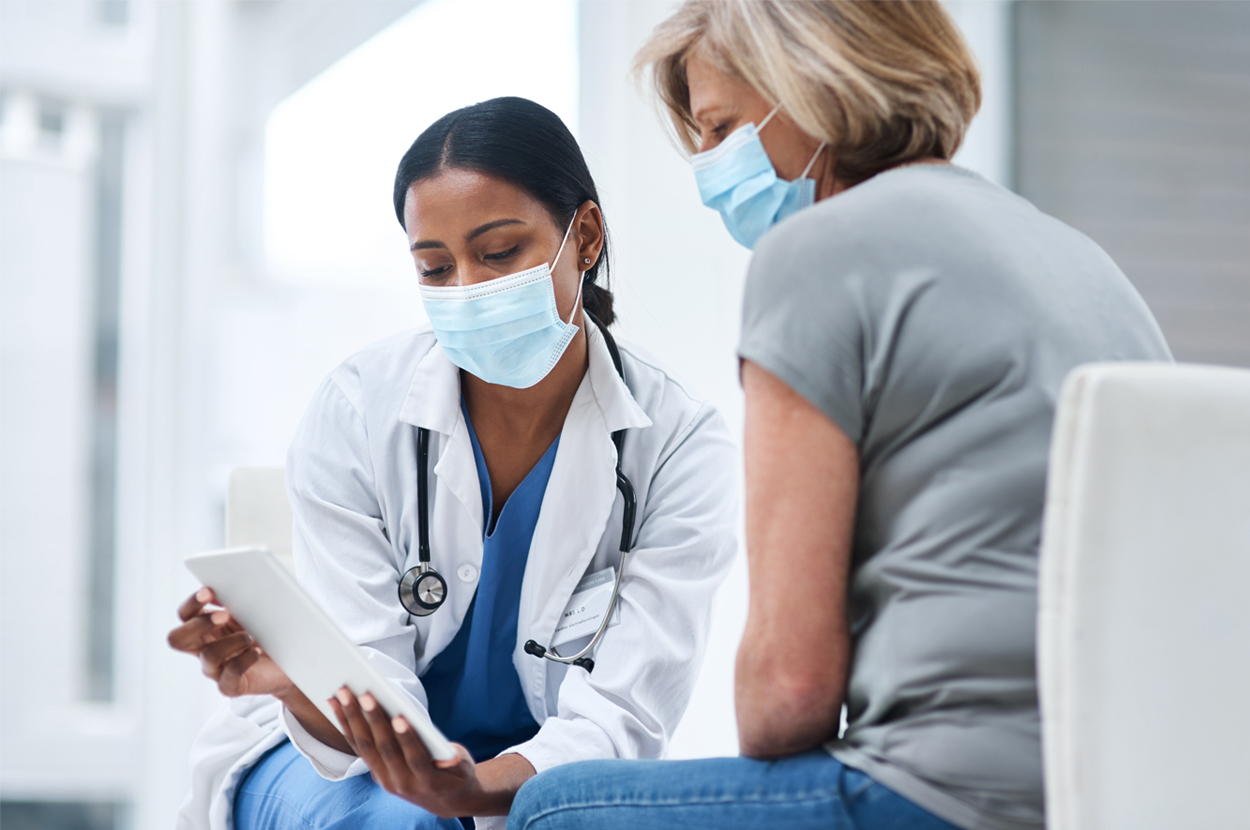Hemorrhoids and anal fissures can occur simultaneously and have similar symptoms. These two conditions can be easily confused when trying to self-diagnose. Sometimes a medical consultation is needed to tell the difference.
What are hemorrhoids and fissures?
Hemorrhoids are enlarged, swollen, and dilated veins present inside or outside of your anus. Hemorrhoids are sometimes referred to as piles. There are two types of hemorrhoids: internal and external hemorrhoids.
- Internal hemorrhoids: Produce bright red bleeding but can not be seen or felt outside of the body.
- External hemorrhoids: Bleeding from external hemorrhoids may be more “drop like” than streaky and can be seen or felt around the anus.
On the other hand, an anal fissure is a small tear in the thin, moist mucosa of the anus, which results in painful bleeding.
Causes
Hemorrhoids occur as a result of repeated pressure on the rectal and anal veins. This pressure may be due to constant constipation, prolonged sitting, loss of muscle tone, pregnancy, alcoholic liver disease, rectal surgery, colon cancer, anal infection, or anal intercourse.
On the other hand, fissures occur as a result of trauma to the anal mucosa. Sometimes, infections and bowel diseases can serve as contributory factors.
Symptoms
The primary symptom in internal hemorrhoids is painless rectal bleeding, which appears as a bright red streak on the toilet paper or stool. The signs and symptoms of external hemorrhoids are lumps in or around the anus area, itching, and painful bleeding in the form of drops after bowel movements.
Anal fissures, on the other hand, cause pain during and after a bowel movement. This may be followed by throbbing pain for several minutes or even hours, depending on severity.
Complications
The following are some complications that can result after chronic hemorrhoids or anal fissures:
- Iron deficiency anemia
- Severe pain
- Ulcer formation
Treatment Plan
The main goal of hemorrhoid or fissure treatment is to provide relief from symptoms. Some treatments are:
- Sit in 10 inches of warm water tub for 10 to 20 minutes several times a day to relieve the pain.
- Apply ice packs to the anal area in case of external hemorrhoids to reduce swelling clots.
- Use cotton balls soaked in water instead of toilet paper after a bowel movement to make it less irritable and painful.
- Topical creams, ointments, and suppositories are used for minor pain or itching. In addition, this may also help reduce the swelling. These contain corticosteroids to relieve the symptoms of hemorrhoids.
- Rectal wipes containing zinc oxide are also recommended to get relief from irritated areas.
- Stool softeners may be used.
- In chronic cases, rectal surgery can also be performed.
Facial abrasions and considered more serious as these have a higher risk of cicatrization and should be cleaned,debrided, and dressed daily. Dressings may require skin adhesives like the combination of gum mastic, styrax,alcohol, and methyl salicylate or tincture of benzoin.
Contact us
In case of urgent medical care assistance, AfterOurs Urgent Care offers immediate telemedicine services through telemedicine appointments, where medical providers are available to offer assistance. Anyone who experiences signs and symptoms requiring urgent medical attention can simply book their appointment with AfterOurs Urgent Care to directly talk to an expert. If your medical issue is not appropriate for telemedicine, we will let you know and refer you to an in-person facility.
When to visit a doctor:
If you experience blood in your stools, you should see a medical provider in order to avoid possible serious complications.
Treatment for hemorrhoids and fissures is available at AfterOurs Urgent Care.

